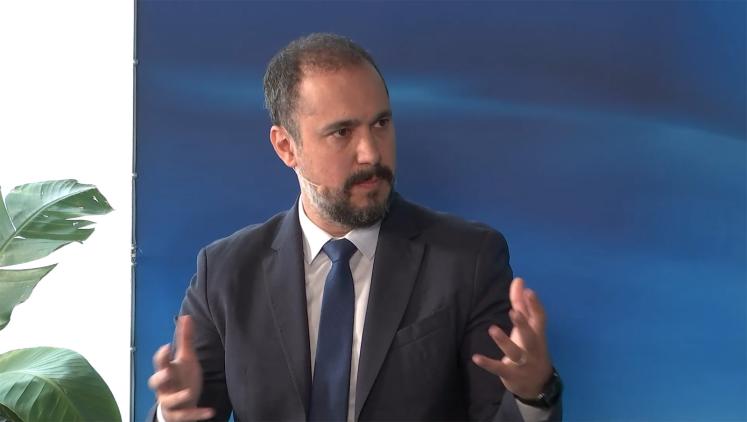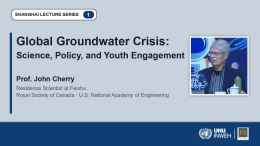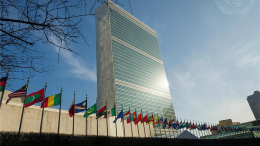The world is not just facing a water crisis — it may already be bankrupt. That was the stark message delivered by Kaveh Madani, Director of the United Nations University Institute for Water, Environment and Health (UNU-INWEH), during a lecture at IPB (Institut Pertanian Bogor) University as part of his official visit to Indonesia.
Mr. Madani’s visit marked the launch of a collaboration between UNU-INWEH and Radio Republik Indonesia (RRI), Indonesia’s public broadcaster. Under this partnership, RRI will serve as the Asia Pacific secretariat of the Global Media Academy, a platform developed by UNU-INWEH to bring water, environment, and health issues to the forefront of global media narratives. UNU-INWEH, headquartered in Canada, focuses on evidence-based policy research, capacity development, and advancing solutions to global water and sanitation challenges, particularly in support of developing countries.
In a lecture delivered to students and faculty members in Bogor, Mr. Madani urged the public to rethink how they speak about water-related challenges. He explained that over the past decades, human activity has steadily drained both surface water and groundwater reserves, often faster than nature can replenish them: “Surface water is like a checking account meant for regular use, while groundwater functions as a savings account, one that should only be tapped above its replenishment level in emergencies,” he said. “Yet today, many countries are living off this savings account without a plan to repay the debt.”
To read to full article go to the following link
Written by
Kevin Surya Setiadi
UNDGC
Public Information, UN Information Centre (UNIC) Jakarta
kevin.setiadi@un.or.id




